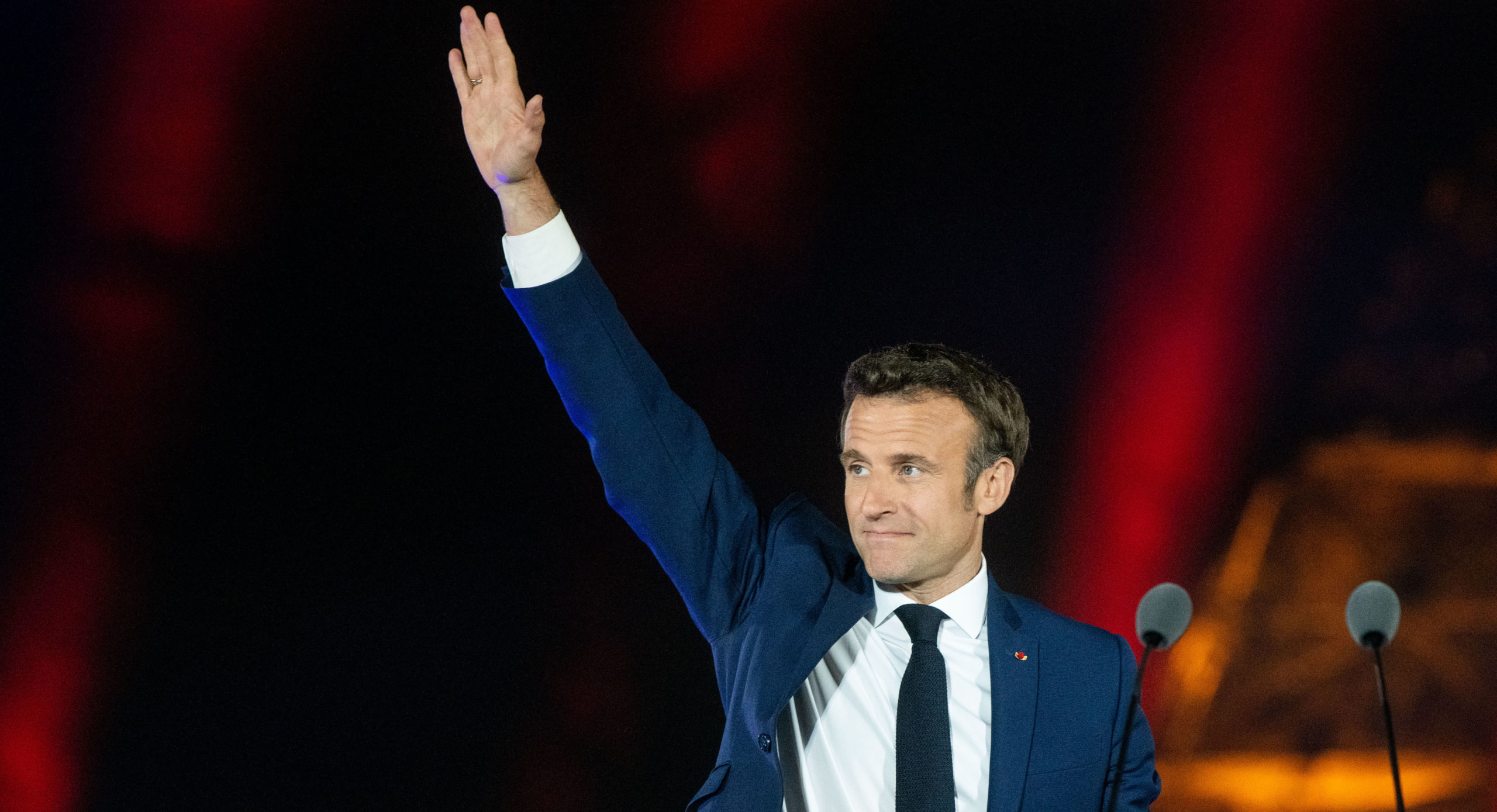Paris
French political candidates love writing (or at least publishing) books. In a country where literature commands immense prestige, campaign books send important messages. In November 2016, some five months before the 2017 election, Macron published Revolution which was a surprising name for a centrist candidate.
But most importantly, his campaign had relied heavily on the need for “optimism.” In a country already rocked by profound identity crisis, Macron ran what Michel Houellebecq then described as a “sort of group therapy to convert the French to optimism.”
Macron’s election in 2017 felt like a landmark event in French politics. There was an energy and drive behind the newly-elected president that felt genuinely different. “I want us to rediscover optimism, to rediscover the ‘spirit of conquest,’” Macron stated, even making this renewed optimism one of his main promises that night. “The World and Europe need a France that knows how to invent the future.”
Fast forward five years later to Macron’s rally last night and the atmosphere was decidedly flatter — despite the DJ’s best attempts. There was no ‘spirit of conquest’ and none of the Obama-style rhetoric that characterised his 2017 campaign. In fact, the victory speech in front of the Eiffel Tower was mostly littered with cliché buzzwords (including a commitment to a fuzzy “new method”).
Macron added that the results “oblige” him to lead, but even his supporters on the Champ de Mars last night would have been hard-pressed to list the policies they were looking forward to ahead of his second term. The only part of his platform that caught the eye in the campaign was his very unpopular promise to increase France’s legal retirement age from 62 to 65, and even then Macron signalled he would be ready to water it down to woo Left-wing voters.
Macron’s transformation from the energetic candidate who wanted to make France a “start-up nation” to safe pair of hands, shows in the polls. According to the pollster Ipsos, only 10% and 16% respectively explained their Macron ballot by his platform or his desire to “to really change things”, the lowest figures among all major candidates by a considerable margin. On the flip side 65% and 71% of them cited his capacity to deal with major crises and his “presidential stature” as his strongest assets, leaps ahead of any other candidate
In effect, his electoral base has considerably greyed since 2017. In this year’s first round Macron was behind Le Pen in all age groups from 18 to 60, but significantly outperformed her in the 65+ category, where he grew his share of the vote from around 27% in 2017 to around 38% in 2022.
In a time of geopolitical crises, Macron’s experience has undeniably proved to be an asset. But the lack of reformist drive in his re-election bid does however beg the question of his mandate to implement policies not included in his modest platform — or even those that were part of his platform but flew under the radar given Macron’s very late entry in the campaign.











Join the discussion
Join like minded readers that support our journalism by becoming a paid subscriber
To join the discussion in the comments, become a paid subscriber.
Join like minded readers that support our journalism, read unlimited articles and enjoy other subscriber-only benefits.
Subscribe